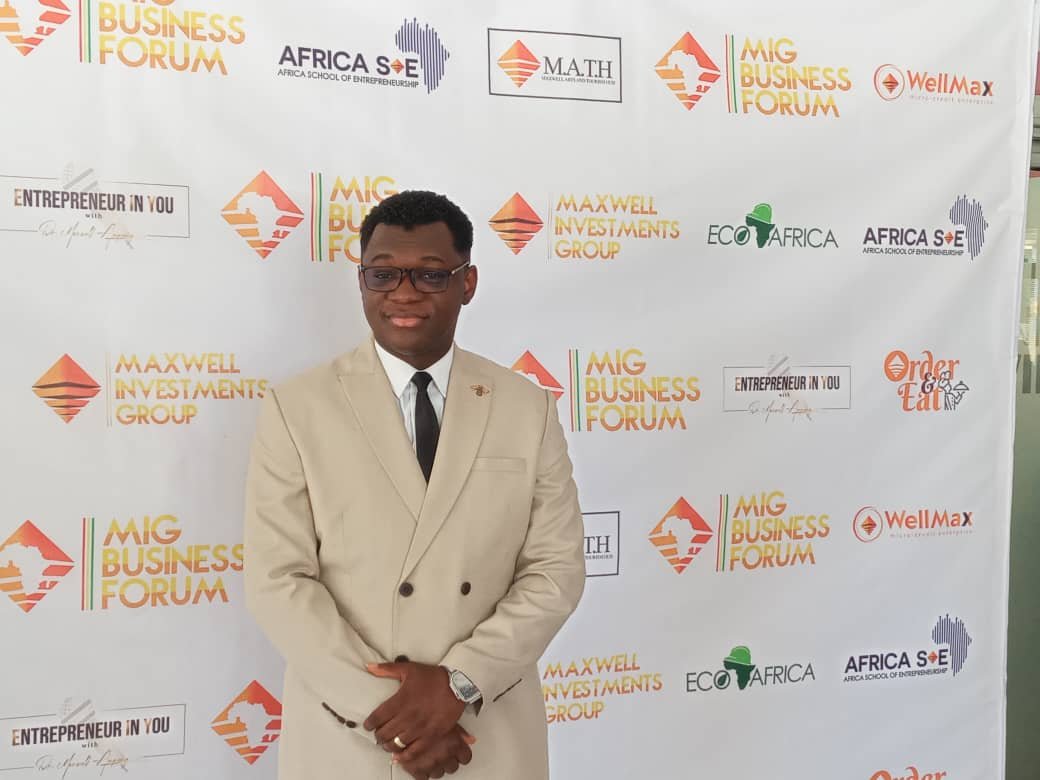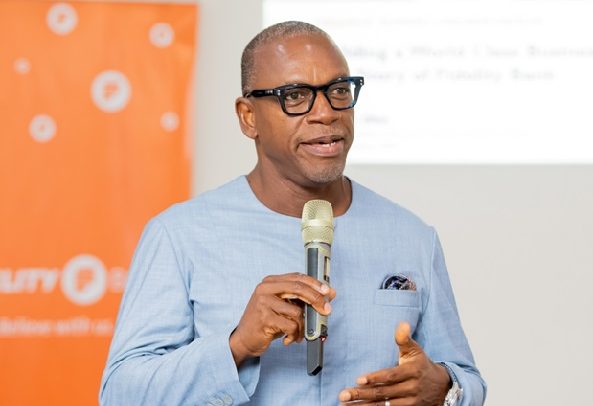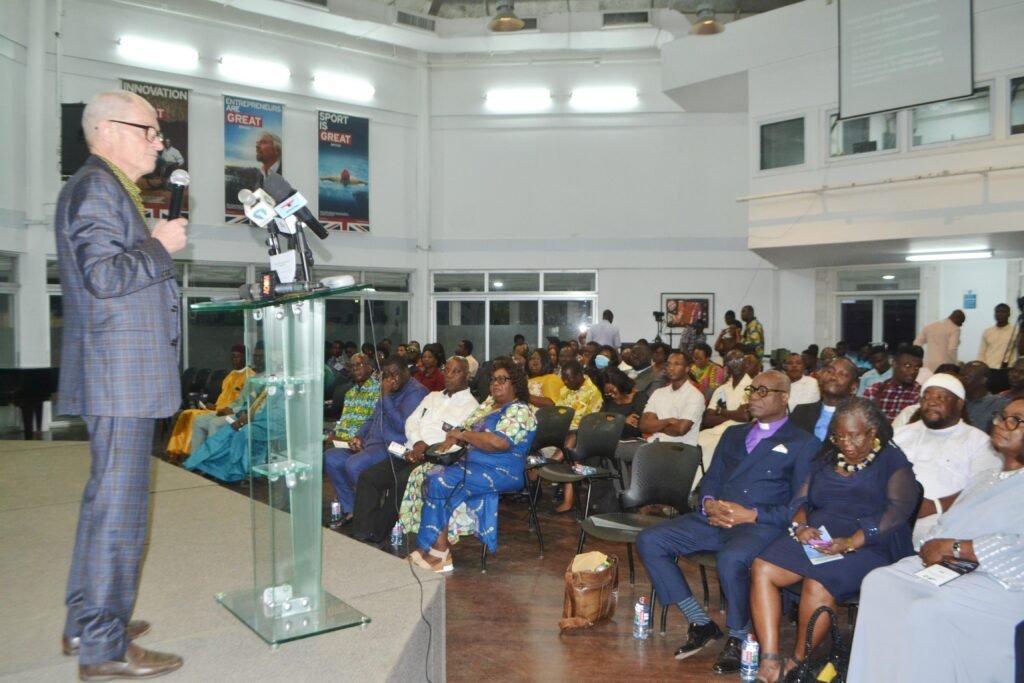
By Ebenezer Chike Adjei NJOKU
Fostering collaboration, financial literacy, strategic planning, access to funding and embracing standardisation for international opportunities are some of the most critical factors required if women-led businesses are to reach their potential in delivering on the promise of being a critical pillar of national economic transformation.
This was the central takeaway from the inaugural Women in Business (WIB) dialogue series organised by the B&FT, themed ‘investing in women-owned businesses for Ghana’s transformation agenda: a call for action,’ which brought together prominent figures to discuss challenges and opportunities for women entrepreneurs.
The panellists unanimously agreed that collaboration is key to success. They advised that networking remains crucial, as they encouraged women-in-business to build relationships with other businesswomen, share experiences and learn from one another.
They, however, noted that women must be at the forefront of discussing and designing solutions for their peculiar challenges.
They expressed the conviction that Ghanaian female entrepreneurs are well-positioned to play a pivotal role in building the local economy, and the WIB series serves as a valuable platform for them to gain insights, connect with mentors and access resources to achieve their entrepreneurial goals.
Nana Esi Idun-Artkhurst, Divisional Director – Retail & Business Banking, Fidelity Bank, stressed the significance of financial literacy and sound business practices. She explained that investor readiness requires separation between personal and business finances.
“Develop a culture of record-keeping, even if it is not yet formalised. This builds credibility for potential investors,’ she urged, saying that this hurdle has been the bane of many women-led businesses.
On a similar tangent, Gloria Cabutey-Adodadji, Sector Head, SME and Retail Banking, Zenith Bank, underscored the need for women to tap into formal structures and international opportunities such as the African Continental Free Trade Area (AfCFTA).
While noting that women are underrepresented in the formal sector, she said: “Women must embrace standardisation and take advantage of initiatives like AfCFTA to expand our reach. AfCFTA can open doors for women-owned businesses to reach new markets, but they need to ensure their products meet export standards”.
Kwaku Arthur-Annobil, Strategy Lead & Business Manager at Stanbic Bank and Allen Quaye, Head of Retail Banking at FBNBank, addressed the critical issue of funding access for women-led businesses and the role that technology can play in bridging the gap.
“There is a need for financial services providers to find novel ways to reach businesses that are outside their typical range. Technology can bridge the gap between banks and women-led businesses, especially those in the informal sector,” Mr. Arthur-Annobil remarked.
Mr. Quaye echoed this sentiment, highlighting alternative financing options like peer-to-peer lending and government initiatives, specifically designed to support women entrepreneurs.
“While venture capital can be an option, it often requires a more structured business and tends to favour the formal sector,” he noted.
The FBNBank Head of Retail Banking further emphasised the importance of a strong brand identity for women-led businesses.
“Branding is essential, but ensure your delivery is even better. Building a loyal customer base relies on consistently exceeding expectations,” he explained.
He also suggested incorporating a corporate social responsibility (CSR) initiative to enhance brand visibility and social impact.
Dr. Wanida Lewis, CEO of Crescendo Foods, emphasised the importance of collaboration and ensuring women have a strong voice in shaping the entrepreneurial landscape.
“We need shared resources to foster collaboration among women. But most importantly, we need women at the forefront, leading the conversation and advocating for themselves and others,” Dr. Lewis said.
Dr. Emmanuel Osei Asiamah, Executive Chairman of Standard Pension, offered insights into effective business management, highlighting the importance of strategic planning and focus.
“Successful businesses, regardless of gender, draw a clear line between business and social engagements. Do not sacrifice core business hours for secondary commitments,” Dr. Osei Asiamah advised businesswomen.
The post Collaboration, financial literacy, standardisation key for women-led businesses – WIB panellists appeared first on The Business & Financial Times.
Read Full Story










Facebook
Twitter
Pinterest
Instagram
Google+
YouTube
LinkedIn
RSS